10 Things Caffeine Does to Your Body

1
/
11
Wakes You Up
Caffeine boosts your energy and mood and makes you more alert. That can sometimes be helpful, especially in the morning or when you're trying to work. Though your body doesn't store it, caffeine can affect you for up to 6 hours after you swallow it. But more is not always better. Too much can push you over the line from alert to jittery and anxious.
Swipe to advance
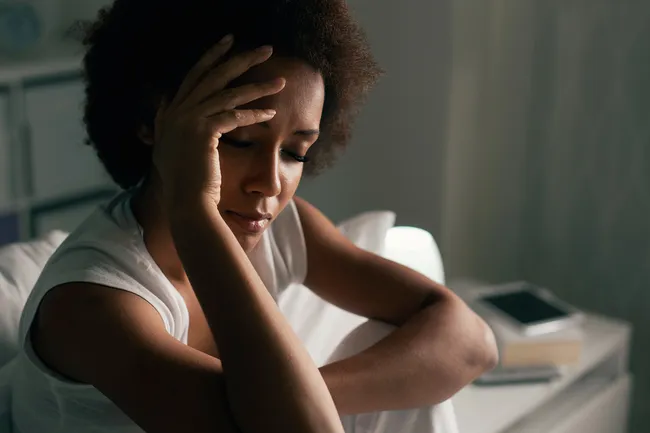
2
/
11
Interferes With Sleep
Too much caffeine can make it hard to nod off when you go to bed at night. Even moderate amounts can cause insomnia in some people, especially if you have it too close to bedtime. The effects may be worse as you age. Avoid caffeine in the afternoon and evening if you notice it affects your sleep. And remember, it's not just in tea and coffee. It's also in chocolate, energy drinks, and other prepackaged foods and drinks.
Swipe to advance
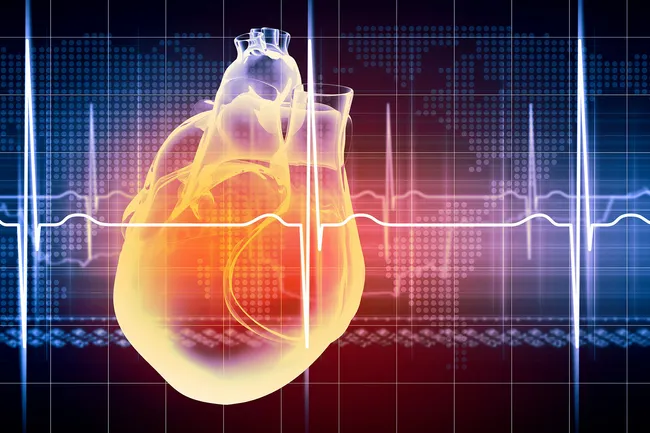
3
/
11
Raises Heart Rate
Caffeine is a stimulant and may cause your heart to beat a little faster as it wakes you up. For most folks that's not a problem. But if you have too much caffeine or you're overly sensitive, your pulse may go up too much or stay high too long. It may even feel like your heart beats in a weird rhythm, sometimes called heart palpitations. Some people say it feels as if their ticker skips a beat.
Swipe to advance

4
/
11
Causes a Headache
If you have caffeine every day, whether in a pill, energy bar, or cup of coffee, you build up tolerance. Then, without your daily dose, you might get a "rebound" headache. It may be worse if you quit caffeine completely and all at once. You'll find your head will feel better if you reduce caffeine a little at a time.
Swipe to advance
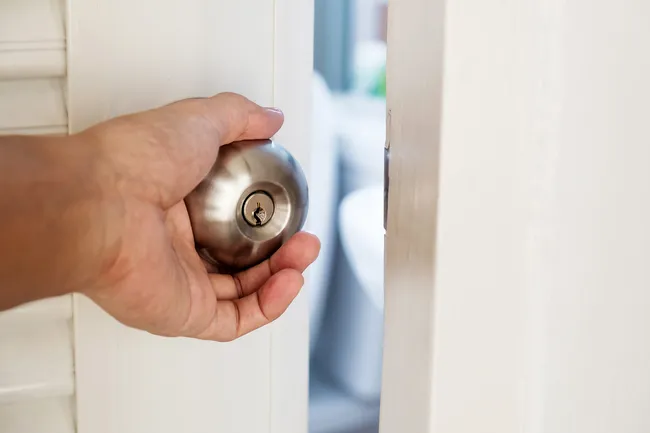
5
/
11
Makes You Pee
Caffeine is a diuretic, which means it can make you pee more. Around 300 milligrams of caffeine -- the amount in three cups of coffee -- is enough to do it if you're not used to it. Water loss is minor and is unlikely to cause dehydration as long as you are otherwise healthy. The diuretic effect can fade if you get the same regular daily dose of caffeine because you build up tolerance.
Swipe to advance

6
/
11
Boosts Sports Performance
If you do "endurance" sports, like running, biking, or swimming, caffeine might help you go faster and with less muscle pain. It seems to work best in a non-liquid form, like a pill, taken about an hour before you exercise so that your body can absorb it completely. Around 200 to 400 milligrams (2 to 4 cups of coffee) should do it. More than that doesn't seem to help further.
Swipe to advance

7
/
11
Helps You Recover From a Workout
Some studies show that caffeine can help your body recover more quickly after hard exercise by making and restocking a stored form of fuel called glycogen. It seems to do this best if you combine it with carbohydrates, like in certain sports gels, sports bars, and drinks. Just take care not to overdo the caffeine, which could have the opposite effect on recovery or performance if it interferes with your sleep.
Swipe to advance
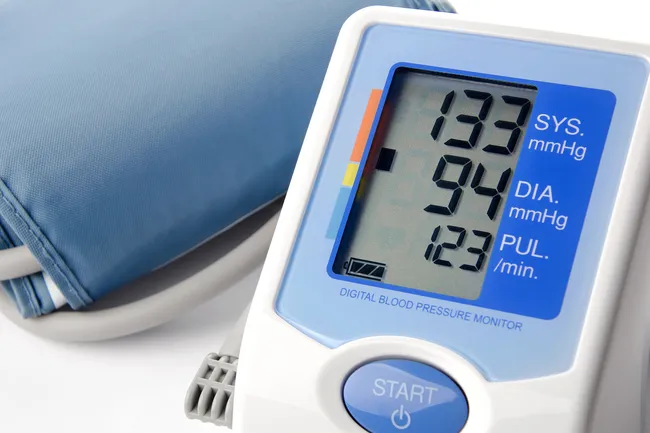
8
/
11
Raises Blood Pressure
Though the reason isn't clear, caffeine can spike your blood pressure for a short while and sometimes over the long term as well. It could be that it blocks a hormone that keeps your arteries wide and pressure down. Or it might cause your body to release more adrenaline, a hormone that raises blood pressure. Talk to your doctor about how much caffeine you can have if you have high blood pressure or heart problems.
Swipe to advance
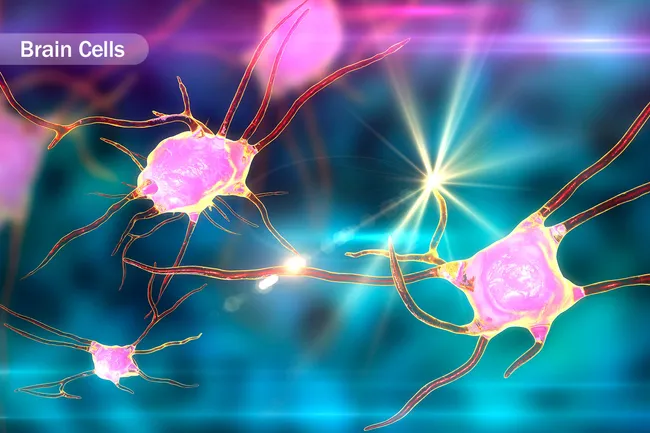
9
/
11
Protects Against Disease
Caffeine seems to help prevent gallstones and inflammation, among other medical problems. Some studies show that regular caffeine might help keep away certain neurological diseases, like Parkinson's, Alzheimer's, Huntington's, multiple sclerosis, and epilepsy. More research is needed.
Swipe to advance

10
/
11
Affects Menopause
Women pass through menopause around age 50, a phase that brings an end to their monthly cycle. Caffeine can worsen the sudden body heat and sweats, known as hot flashes, that often happen at this time of life. The symptoms can go on for 10 years or more. Your doctor may be able to help you with hormone therapy if they get in the way of your everyday routine.
Swipe to advance

11
/
11
How Much Caffeine Is Too Much?
It depends on your weight, diet, medications, and overall health. Up to about 400 milligrams of caffeine a day is OK for most healthy adults. Over 600 milligrams daily is probably too much. But some people are just more sensitive to it. If you notice stomach problems, headaches, muscle twitches, or heart palpitations, it might be time to cut back. Talk to your doctor about how much is safe if you're pregnant or have heart trouble.
Swipe to advance
- Get link
- X
- Other Apps